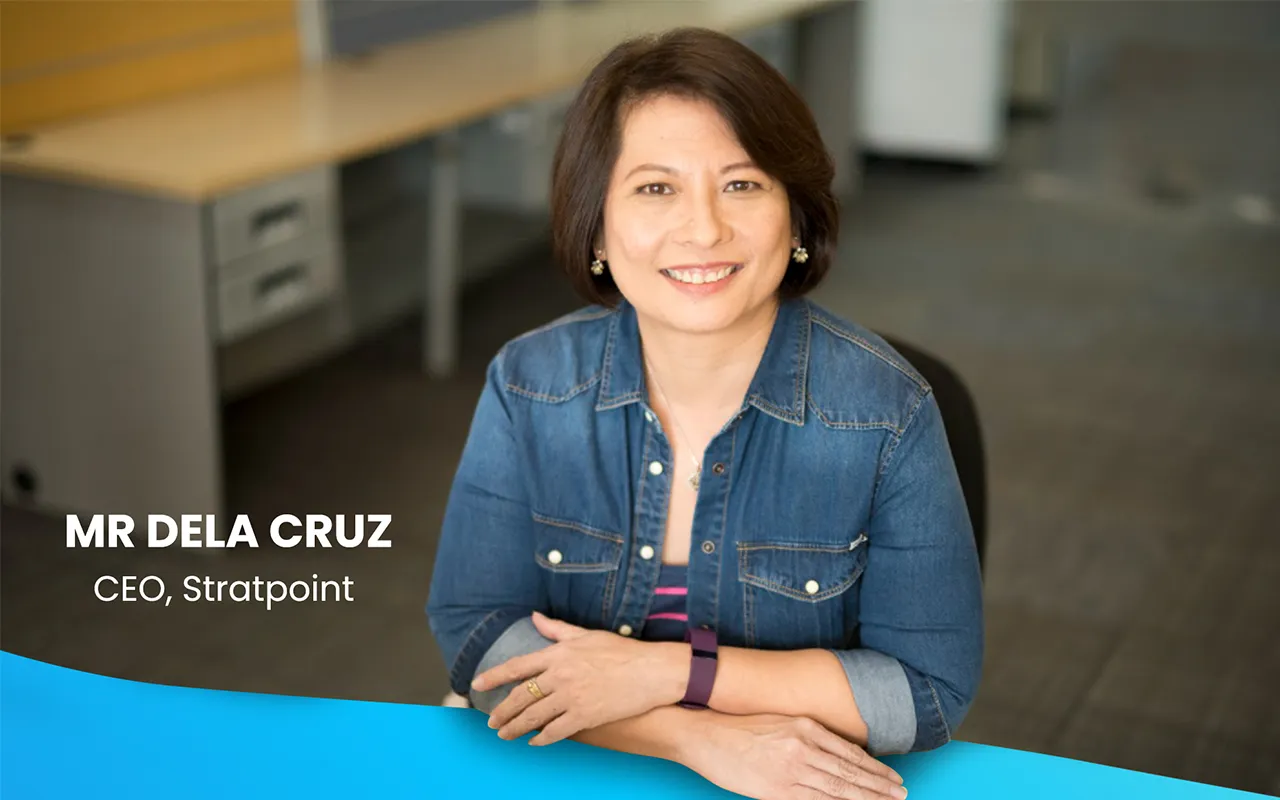This article is by Stratpoint CEO MR dela Cruz, based on her participation in DICT’s “Women in ICT Industry Thriving in the New Normal” on March 17, 2021.
When I was studying computer science at UP, there were as many women as there were men in our class. Thirty years later, more people are using computers, mobile phones, and the internet. Our homes are equipped with smart devices. There are thousands of jobs in IT today. Yet, only 20% of students enrolled in a computer technology course today are women.
What happened? I suspect the decline in interest by women has a lot to do with the media promoting myths about the IT profession.
For example, IT professionals have been painted in movies and on TV as nerds. They live in dirty basements and don’t know how to talk to regular people. When the nerds are female, they are unattractive, wear ill-fitted clothing, and are unable to relate with others. On the other hand, successful women work in fashion magazines or in advertising agencies.
This is fiction.
What is it really like to be a woman in IT?
I know a lot of women in IT who are business leaders, technology enthusiasts, mothers, athletes, fashionistas, artists, entrepreneurs, and more. I am the CEO of a software development company, and I belong to several social circles. We are definitely not social lepers.
One only has to look to Facebook’s Sheryl Sandberg, Netflix’s Anne Aaron, and Globe/Mynt’s Pebbles Sy-Manalang to realize that women in technology are individuals that young girls can aspire for. Women with radiant personalities and who live interesting lives.
Moreover, ad agencies and fashion magazines do not have a monopoly of all creative work in the world. In Stratpoint, we build applications. We come up with solutions. We create experiences for millions of users. Not only do our apps have to look good, but they also have to feel good. With dozens of apps launching everyday, each one has to be better than the last. This is how we do creative work.
Being a woman in IT does not equate to frantically typing code in a cubicle 8 hours a day. Many of us have had our share of that, for sure — but our jobs are not a hindrance to living and performing our passions inside and outside of work.
IT is a great career for women
If you are interested in code, data, or robots, and you happen to be a woman, do not pass up a chance for an IT career just because it is perceived as a masculine job. First of all, you do not need broad shoulders or male chromosomes to code. Most of all, IT is a fulfilling career that pays well and will stand the test of time.
- There is a 20% to 30% higher demand for IT jobs than in other industries.
- Average salaries for IT professionals are higher. You can easily double your salary year to year.
- IT is a resilient profession. You don’t have to spend decades studying technology in school. You can continuously develop your knowledge and skills through short courses, certifications, and, most importantly, experience. And, as exemplified by the recent and urgent need for companies to go digital, IT skills will always be relevant.




